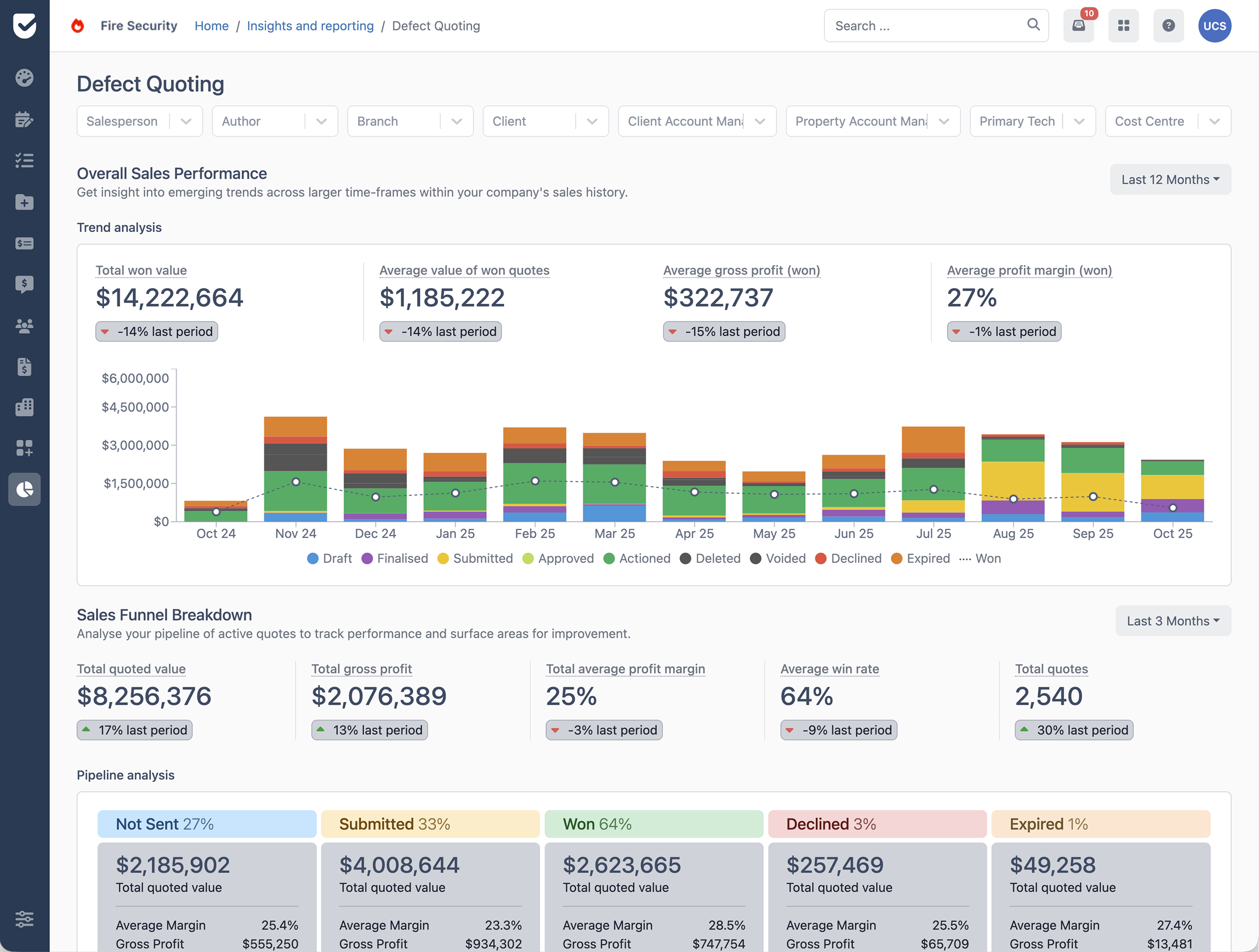How Fire & Security Businesses Can Win With Marketing in 2025
July 3, 2025
1
min read

In the fire and security industry, marketing has often been an afterthought. But the truth is, it’s a key growth driver for small to medium-sized and enterprise fire and security businesses. In this episode of The Blueprint, Aimen from Uptick sits down with Aaron O, founder of Eruptible, to unpack how companies at any stage can use digital marketing to drive growth, from word-of-mouth strategies to SEO and AI.
Meet the guest: Aaron O from Eruptible
Aaron started Eruptible with his brother. They both come from engineering backgrounds - Aaron studied mechanical engineering at university, while his brother is a software engineer - so they wanted to apply their technical knowledge in a way that could provide value.
“We were doing door-to-door sales to various businesses on the high street in Bristol… it showed us that [the fire and security industry] was a little bit old-fashioned in their marketing,” says Aaron.
“We were introduced to someone who wanted to know about local SEO because they saw some of their competitors were doing SEO, but they didn’t know how to go about implementing it in their business.
“And then we [realised] that this is an industry that isn’t often looked at by marketers… We wanted to come in with our knowledge and experience to revamp the industry, and we knew that with the skills we had developed in our past endeavours, we could actually help businesses.”
Today, Eruptible works exclusively with fire and security companies, mainly in and around London, to help them use marketing for business growth.
Why fire and security companies need marketing now more than ever
Traditional lead generation methods, like word of mouth and cold calls, aren’t enough anymore. Your fire and security business needs a discoverable, consistent presence online to reach new customers.
“In 2025, there’s a lot of competition… You need to know where to start depending on what kind of company you are,” says Aaron.
Aaron goes on to explain that you can split marketing activity into three tiers, depending on the size of your company and the budget you have.
The three tiers of marketing for fire and security businesses
Tier one: Best for small businesses or one-person operations
Key takeaways:
- Focus on word-of-mouth through social media
- Expand your network by going to trade shows
- Don’t spend money on marketing contracts you can’t afford long-term
If you’re a small business that focuses mainly on residential installations of CCTV systems, security alarms or fire alarms, a more modern approach to traditional word-of-mouth methods, using social media and networking, are the best forms of marketing to start with.
“If you’re quite a small company, you’re likely not going to have the capital to invest in the higher-tier areas of marketing like SEO,” explains Aaron.
“A lot of people often get roped into marketing contracts which are not the best for them. They may be sold a marketing contract that they can’t afford for the long term and it ends up [not] getting the results they need.
“For a smaller company, it’s much better to have a stream of marketing that is low cost and focuses on developing your network.”
Aaron recommends heading to trade shows like the Fire Safety Event to build your network.
“Just meeting people, shaking hands and building your network organically is the best way to start.
“The more successful [companies] will have started from word of mouth, and then that transitions to our second tier.”
Tier two: Best for growing teams
Key takeaways:
- Create a Google Business Profile to help you show up in local search results
- Do competitor research to find out what’s working for other companies
- Use Google Search Console to find out what search terms your customers use to find you
- Focus on creating authoritative content for your website that your customers will find helpful
- Consider using video content on your website to increase conversions
- Remember that SEO is a medium- to long-term strategy
Once you’re in a position where you’ve been relying on word of mouth for a while and you’re looking to scale your business, this is the time to start looking at marketing tactics like local SEO.
“SEO in general is you telling Google what you do and Google essentially delivering your business to various people,” says Aaron.
“Local SEO is positioning yourself so you rank on search results well in your local area.”
Aimen suggests that a term that companies may want to rank well for is something like ‘fire extinguisher maintenance London’.
So, how can you do this with local SEO? The first step is to create a Google Business Profile so customers can see where you’re located, find your contact details and read reviews from previous clients. Alongside that, you need to create good web content that matches what your audience is searching for and positions you as an authority in your industry.
And web content doesn’t just mean written content - videos are great at driving conversions once you’ve got a customer on your website.
“Videos have huge potential for increasing conversions. I’ve seen statistics that say that adding a video to your website can increase conversion rates by up to 80%,” says Aaron.
Your competitors are likely already doing some form of local SEO, and Aaron recommends using this to your advantage.
“Search for your relevant service or keyword in Google and see who ranks at the top,” says Aaron.
“If you search for ‘fire alarm servicing in London’ and find you that you’ve got three companies that are ranking consistently number one for a bunch of other keywords, you can take a look at their website and the strategies and tactics they’re using to get their SEO in a really good place.
“Re-engineer what they are doing and use it for yourself.”
Another fantastic free tool that can help you with your research is Google Search Console. Connect it to your website and it will tell you your most visited pages and what keywords people are using to find those pages.
“This is hugely important because it informs what services you need to work on, what keywords you need to double down on, and where you are in terms of the SEO landscape,” explains Aaron.
Tier three: Best for established companies
Key takeaways:
- Consider investing in paid ads to drive more conversions
- Be aware that ads are a higher-risk, higher-reward activity
- Hire a content team or freelancer to help you create video and written content
- If you use a freelancer, remember that you still need to make time to help them understand what you need from them to help you drive results
Once local SEO is working for you and you’re in a position where you have a bigger marketing budget, you can start to think strategically about where to invest larger sums of money. Aaron’s advice is to consider paid ads or even hire your own in-house content team or freelancer.
“Investing in a team that is recording social media content and putting that out on various channels like LinkedIn, Facebook, X… is a higher-tier strategy because it has to be done consistently,” says Aaron.
And if you want to use paid ads, whether on Google or on social media channels like Facebook, you need to be willing to spend some money - and potentially lose some, too.
“Google ads and paid ads are typically reserved for the people who are able to invest more because it’s like burning money to see what keywords are going to perform well for your business.
“In the beginning of Google ads, typically you’d want a broad strategy. You want to find which keywords are performing best and double down on the winners… There’s more risk involved, and you have to be willing to invest more capital and potentially lose some.”
Using freelancers and agencies can be helpful when you’re at the beginning of this type of marketing activity, as you can easily switch their services on and off. But Aimen warns that you still need to give them some of your time to maximise the results you get from them.
“Paying someone else to do it does not abdicate you. You have the responsibility to invest some time, as that person is only as good as the input you give them to help them learn what they need to do for you.”
The 30/60/90-day marketing plan for fire and security businesses
It’s clear that there’s a lot that fire and security businesses can do to increase growth, scale up and reach their financial goals. But if you’re new to digital marketing, it can feel overwhelming. Aaron outlines an actionable 90-day roadmap for fire and security businesses who are ready to make some financial investment in marketing:
Day 0–30
- Define your ideal customer
- Optimise your Google Business Profile and collect reviews
- Pick 3–5 target keywords for your services and region
Day 30–60
- Start writing blogs and FAQs for those keywords
- Film a 60-second video talking about your work and post it on your homepage
- Share posts on LinkedIn and Facebook, and other platforms where your ideal customer may be looking
Day 60–90
- Use Google Search Console to check performance
- Look at top competitors for inspiration
- Double down on what’s working
Aaron says you’ll get results if you can stick to this plan for three to six months.
“Do a monthly or quarterly audit. See where you are, plan out your next steps.
“Look at how your competition has changed. What are they doing right? What are they not doing right? How can we be better than them? What can we implement from them?
“If you’re willing to stick with it, you will get results.”
AI in marketing: threat or opportunity?
You can’t have a discussion about marketing in 2025 without mentioning AI. With the rise of Chat GPT, AI Overviews in Google Search and much more, Aimen asks: is it even worth investing in Google-based SEO anymore? Aaron says yes.
“These large language models [like Chat GPT] will typically only serve results for maybe three to five companies,” explains Aaron.
“If you’re not doing SEO right, there’s a very slim chance that you’ll make these recommendations from AI.
“If you're asking an AI, ‘Give me three fire and security companies in London’, it's going to give you three of the top companies who are writing good content on their website, who have positioned themselves right on various social media platforms.
“So the answer is yes, you should still invest in Google and SEO as that will prepare you for that kind of AI search.”
Aimen explains that AI does the research for you, so you need to have an online presence across platforms in order for AI to reference you in its results. Aaron agrees.
“Your website is not the only place where customers are going to start to find you, and it shouldn't be.”
So, whether you’re a solo installer or managing a growing team, there’s a marketing strategy that fits your size, goals, and budget. And even with the rise of AI, there’s still a place for SEO - it’s just about being present on all platforms, not just Google.
There’s no time like the present to get started with marketing your business. The sooner you start and stick with it, the sooner you’ll see results.
As Aaron said: "The companies who are already winning are going to keep winning."
What is fire inspection software?
Fire inspection software is a digital tool that helps fire protection businesses complete, record, and manage inspections more efficiently. Instead of relying on paper checklists, technicians can use a mobile app to document assets, capture photos, log defects and generate professional reports on the spot.
How does fire inspection software work?
Fire inspection software programs such as Uptick allow technicians to complete inspections on-site using a tablet or phone, capture photos, log defects and generate instant reports. In the office, teams can schedule jobs, send quotes, track maintenance tasks and access real-time visibility across every building and asset. Fire inspection software systems bring your entire workflow together so nothing falls through the cracks.
Who uses fire inspection software?
Mainly fire inspection companies use fire safety software to coordinate inspections and maintain life-safety assets.
How does fire safety inspection software improve compliance?
Uptick ensures technicians follow the correct steps every time, reducing human error and creating consistent records aligned with standards. With asset-based inspections, automated reminders,a full audit history, and in-built compliance reporting, Uptick’s fire safety management software makes compliance easier for you and more transparent for your customers.
Can fire inspection software replace manual checklists?
Absolutely. Digital checklists, mobile inspection forms and automated workflows mean you no longer need printed paperwork. Using fire protection inspection software helps you avoid missing fields, lost forms and manual retyping, saving hours of manual work each week.
Can I customise inspection forms?
Yes. Uptick lets you customise forms to match your local standards, business processes and customer needs. With configurable templates and digital form builders, you can design exactly what your technicians need
How do I choose the best fire inspector software for my business?
Look for a platform built specifically for fire protection. Check ease of use, mobile performance, offline mode, compliance features, integration options and customer support. The best fire inspection software gives you room to grow, not just tools to get by.
How much does fire inspection software cost?
Our pricing model is based on a monthly pay-per-user fee. Customer and sub-contractor licenses are unlimited and free.
What else do you need to know?
How long does it take to get started with Uptick?
The biggest factors determining the length of the onboarding process are:
- The size of your team and their training requirements
- The quality and ease of export of your data
Most companies can get up and running within 2 months.
What platforms and devices does Uptick work on?
Uptick lives in the cloud. That means Uptick is available for your desk/office users on any device (Mac, PC or Linux) via your browser with no additional software downloads.
For your field licenses, on-site staff can use either Apple or Android devices. Our fire safety management app is available in the App store on Apple devices, and the Google Play store on Android devices.
How does Uptick compare to other products?
Uptick is the only modern cloud-based solution that is purposely built for the fire protection industry.
Many alternative solutions are either generic job management platforms that you will need to tailor to your business and/or do not have the same modern cloud-based capabilities.
How does Uptick protect and secure my data?
Uptick takes data security seriously. Our customers include some of the largest companies in the industry. As we work directly with government and banking clients we have have successfully passed through rigorous security auditing and penetration testing.
In addition to being secure, we work hard to provide a reliable service. Customers on Uptick can expect an uptime of 99.95% (including scheduled maintenance). This translates to an average of less than 5 minutes of business-hour downtime per month for office users and no downtime for technicians. If you're a large enterprise and want monetary guarantees around reliability, we offer dedicated hosting and Uptick Support SLAs.
How does Uptick pricing work?
Uptick charges a simple per-user monthly fee for each of your desk and field users. Customer and sub-contractor licenses are unlimited and free.
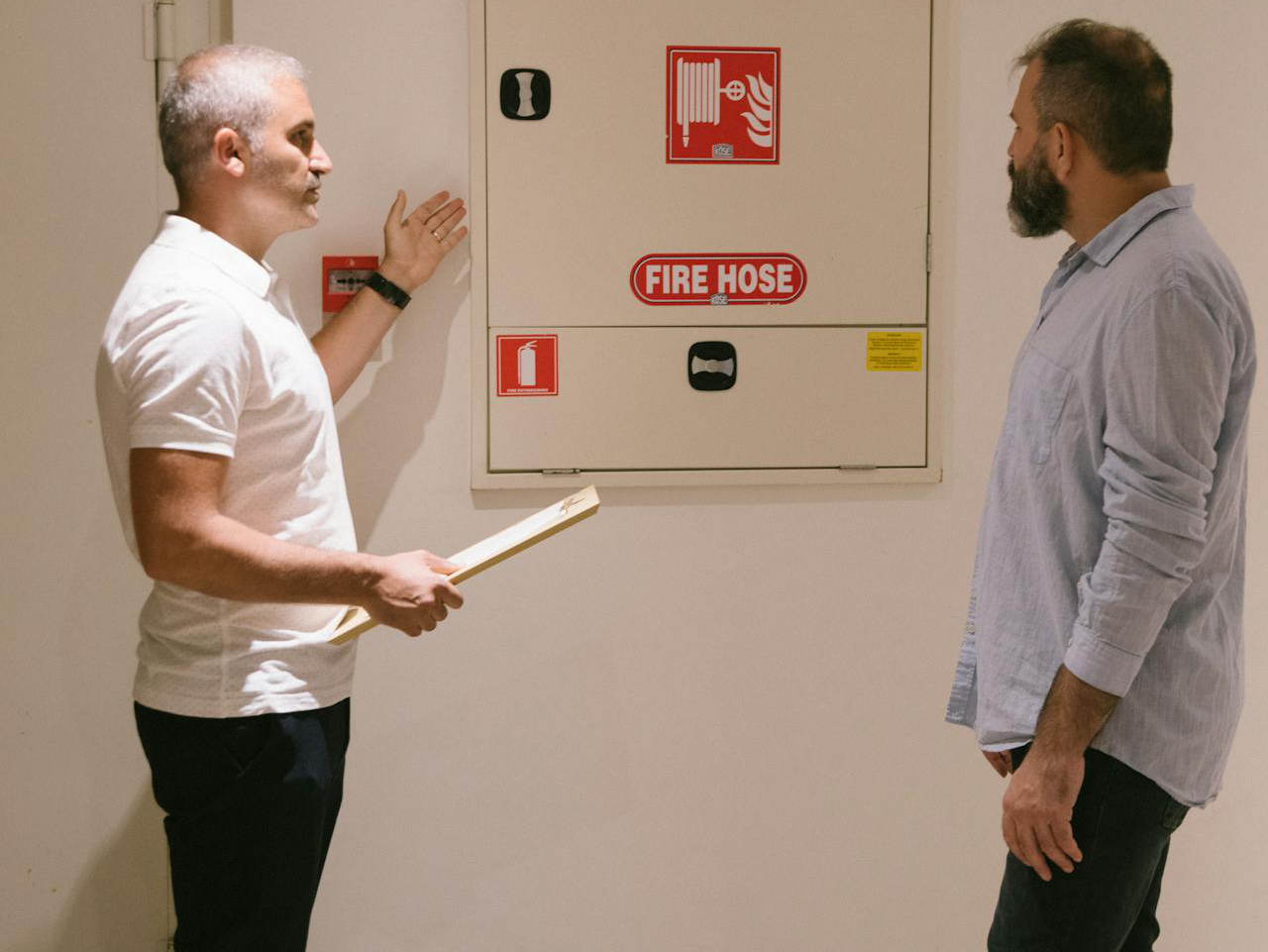
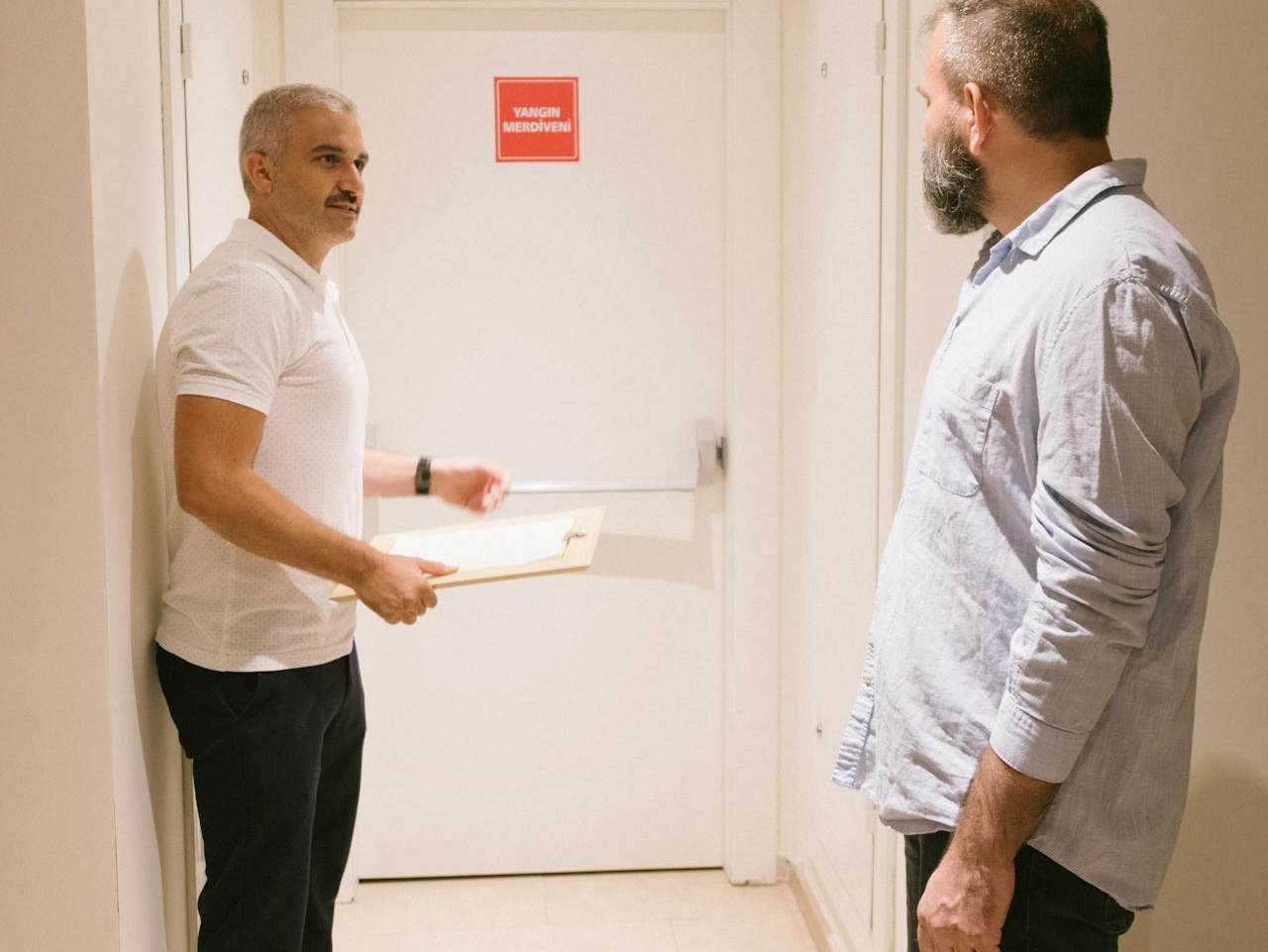
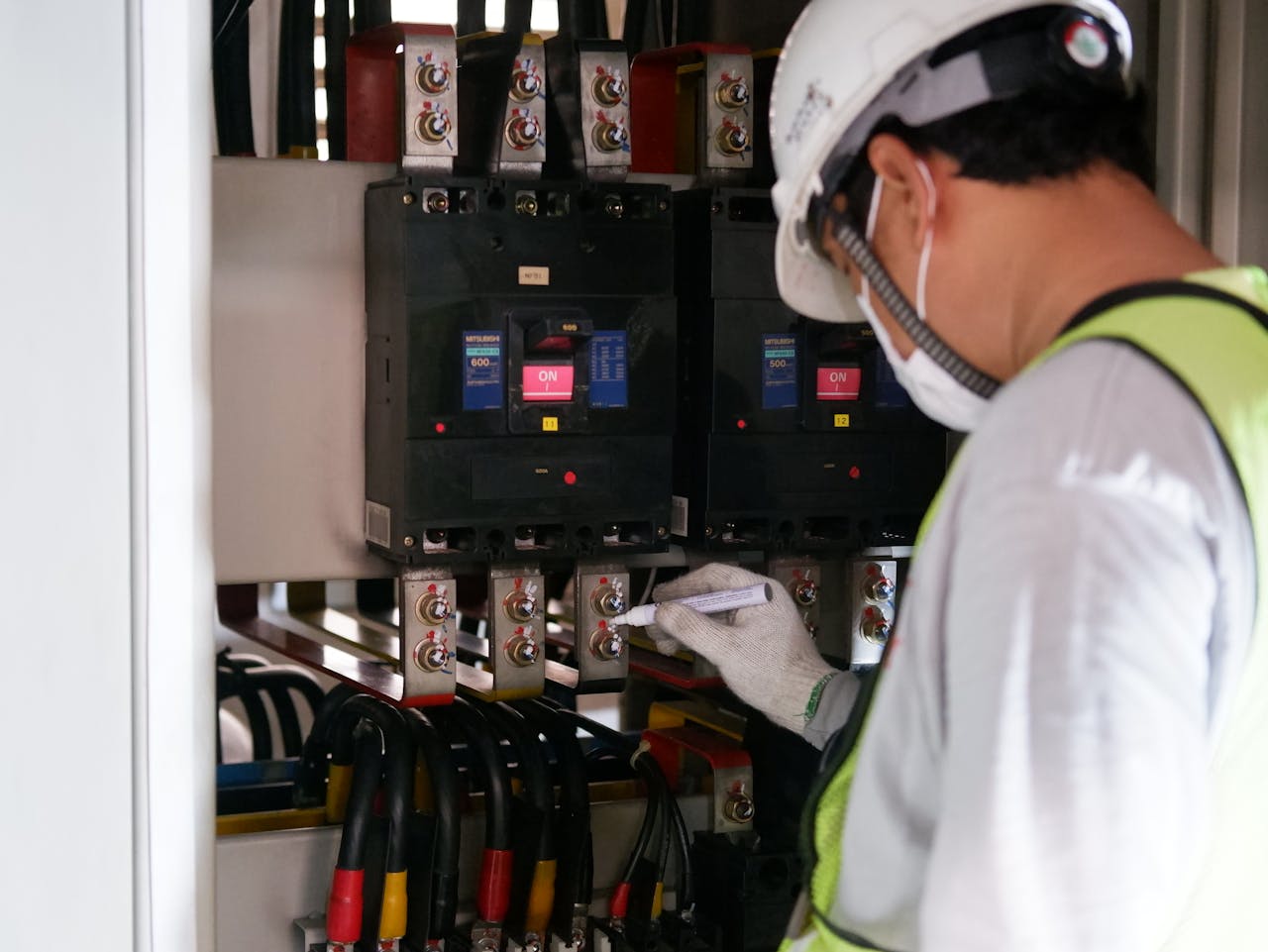








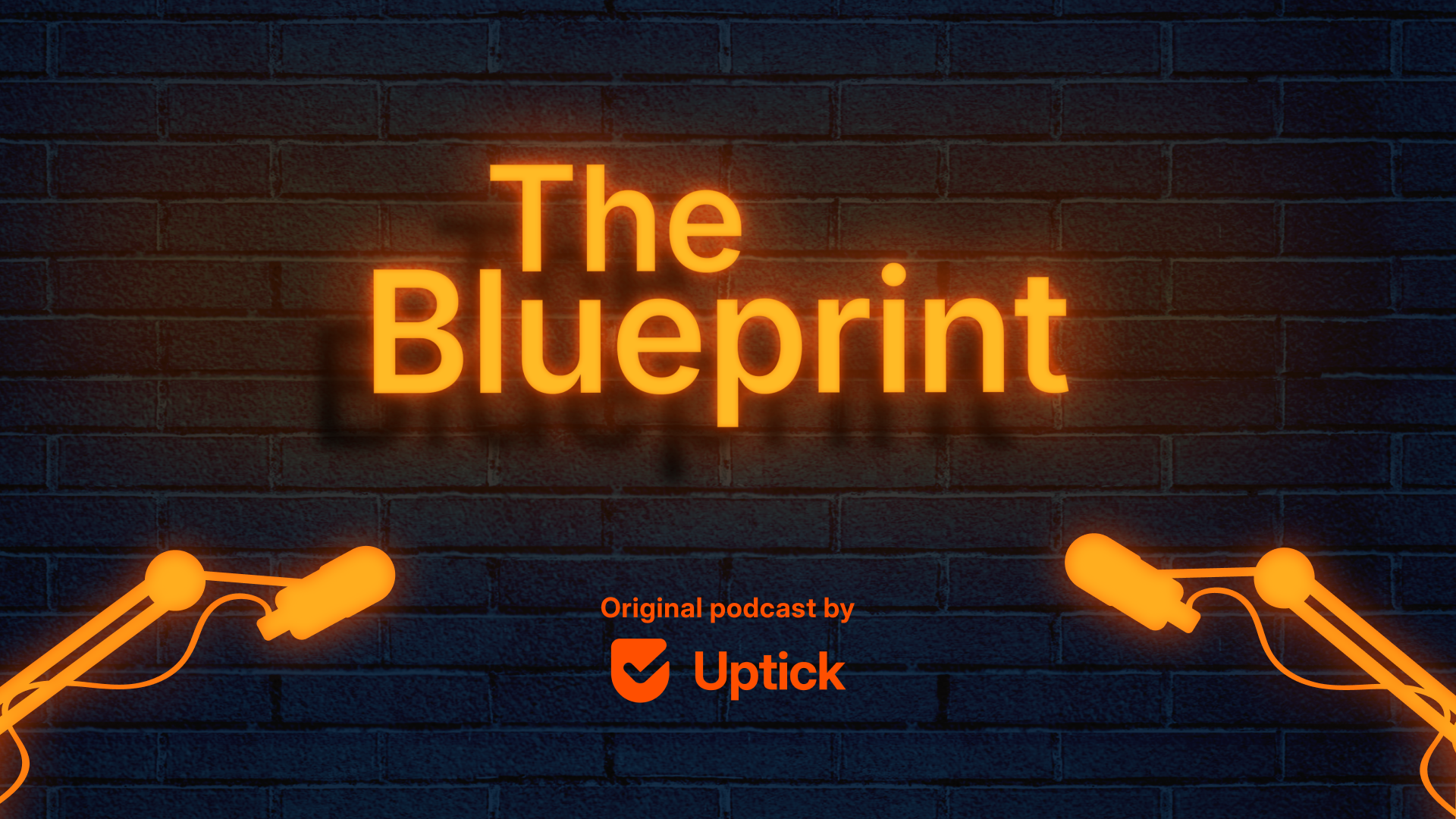






.png)


